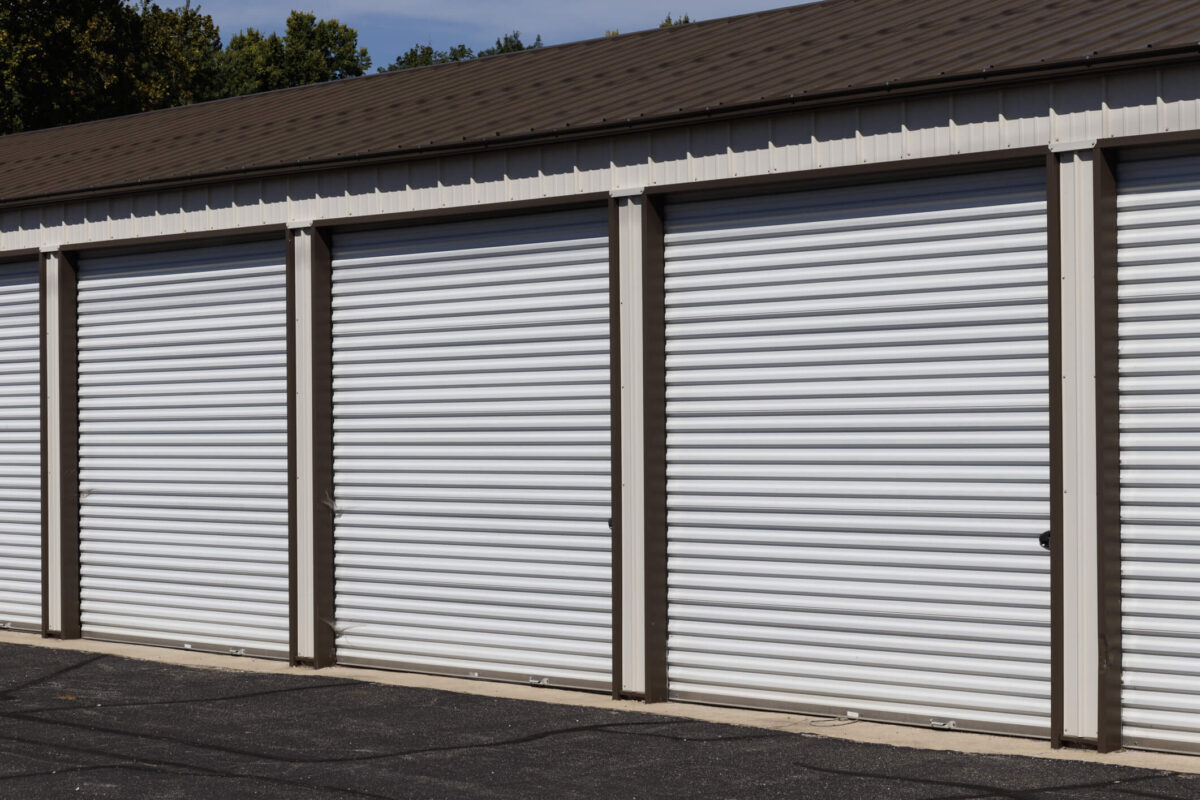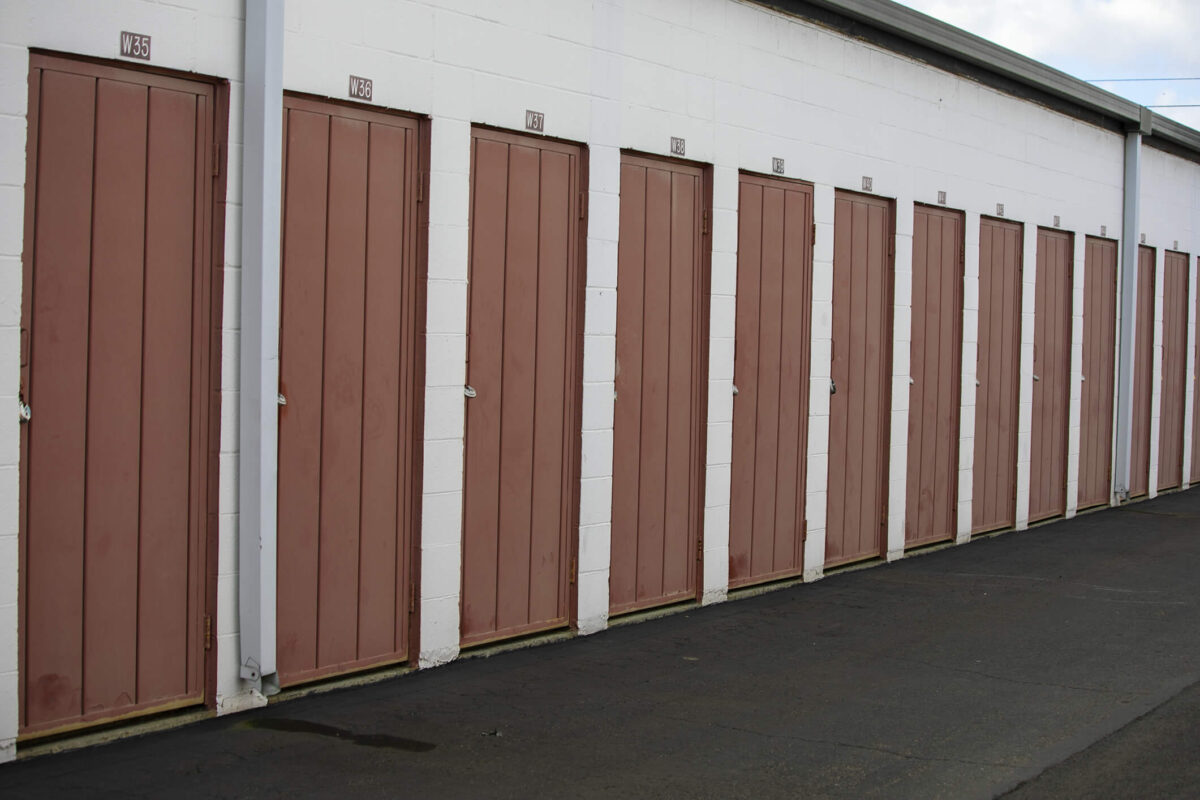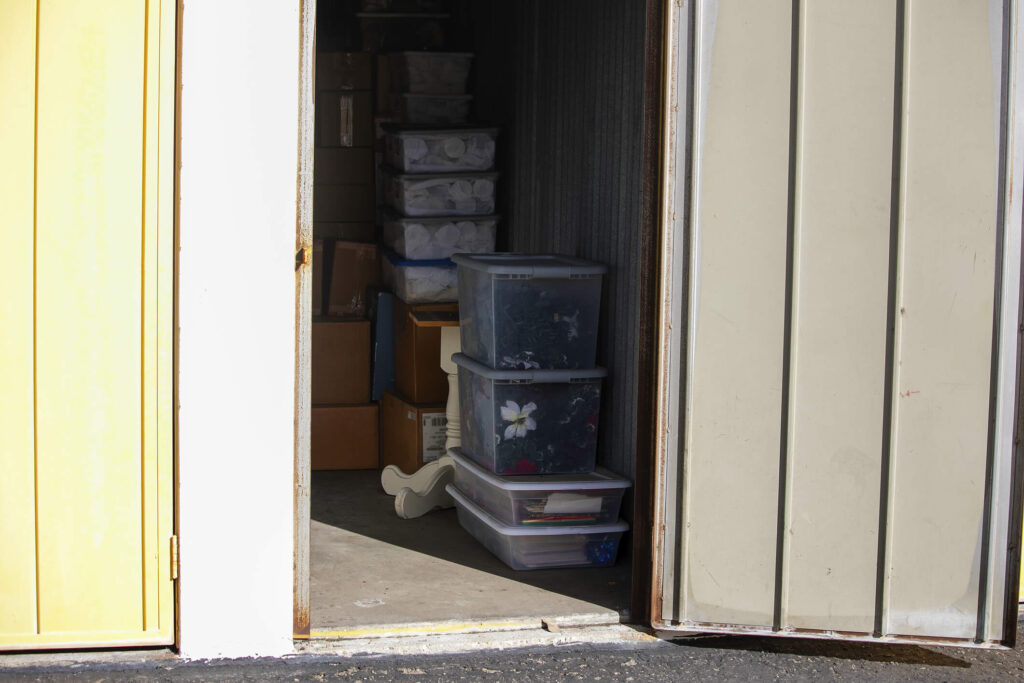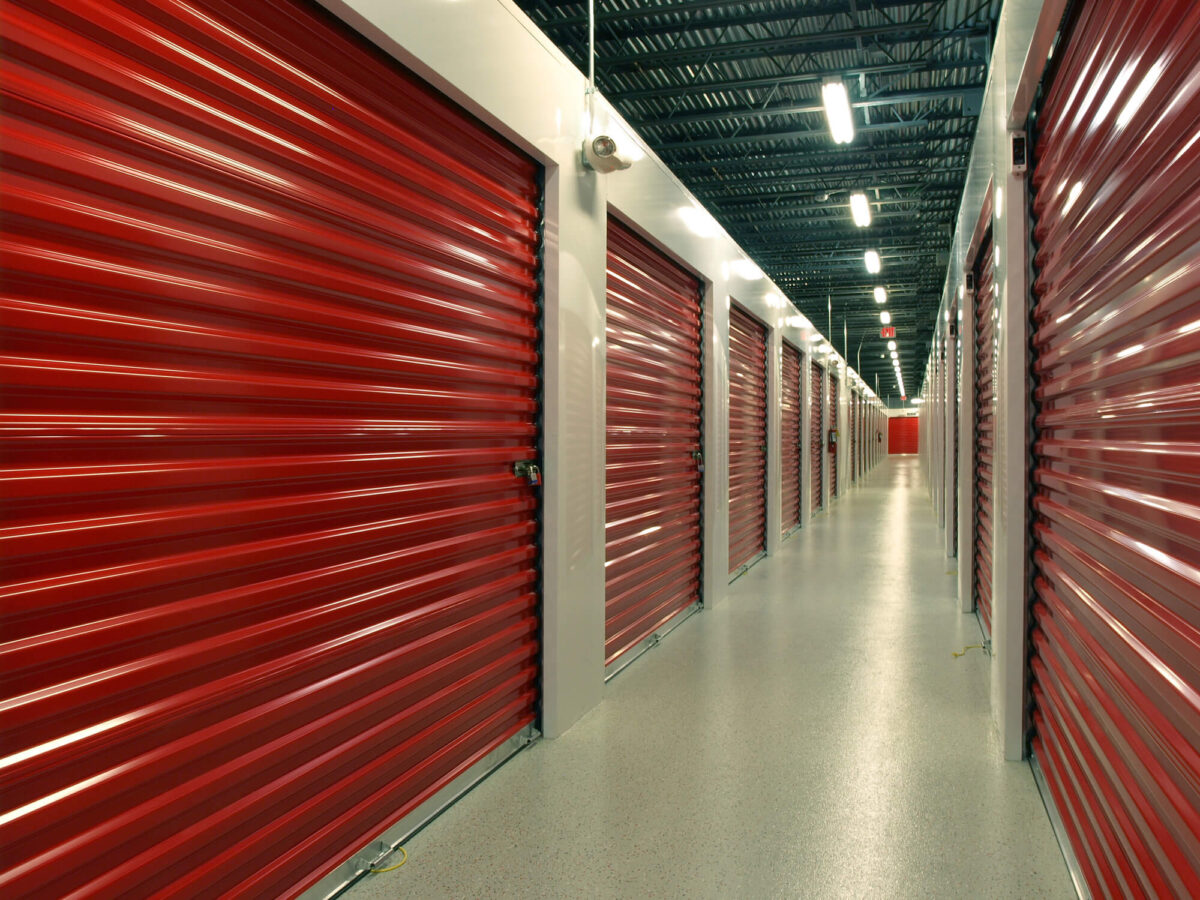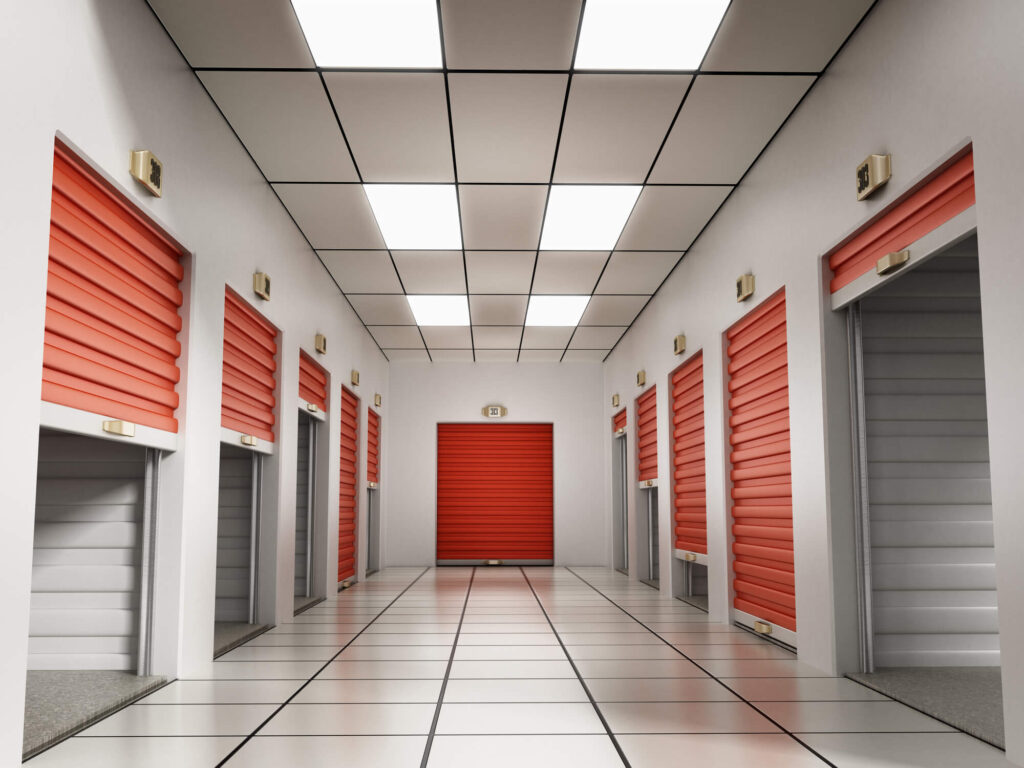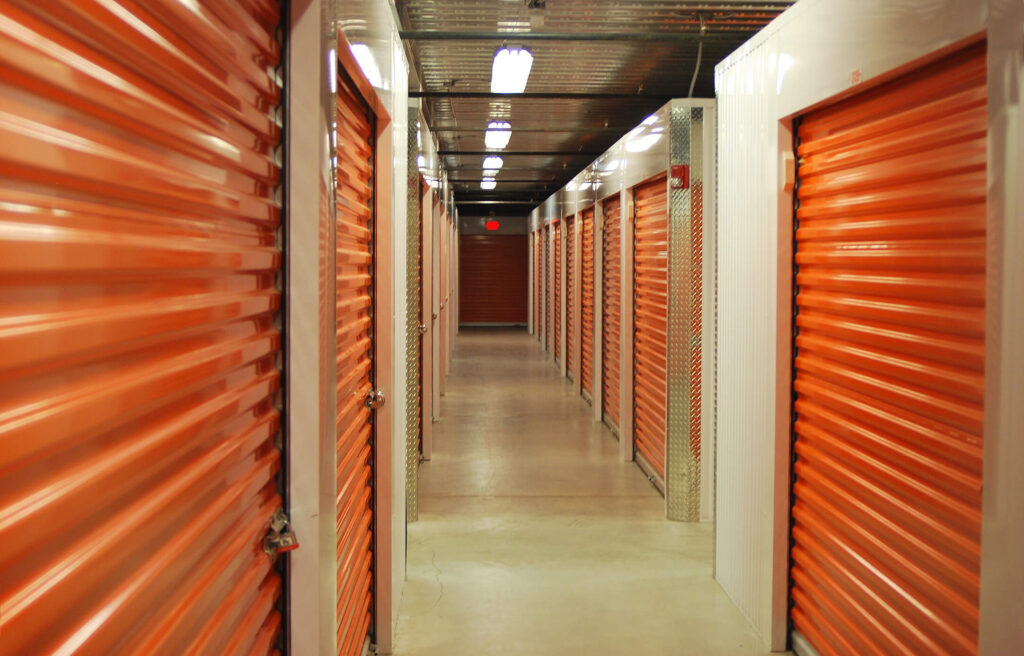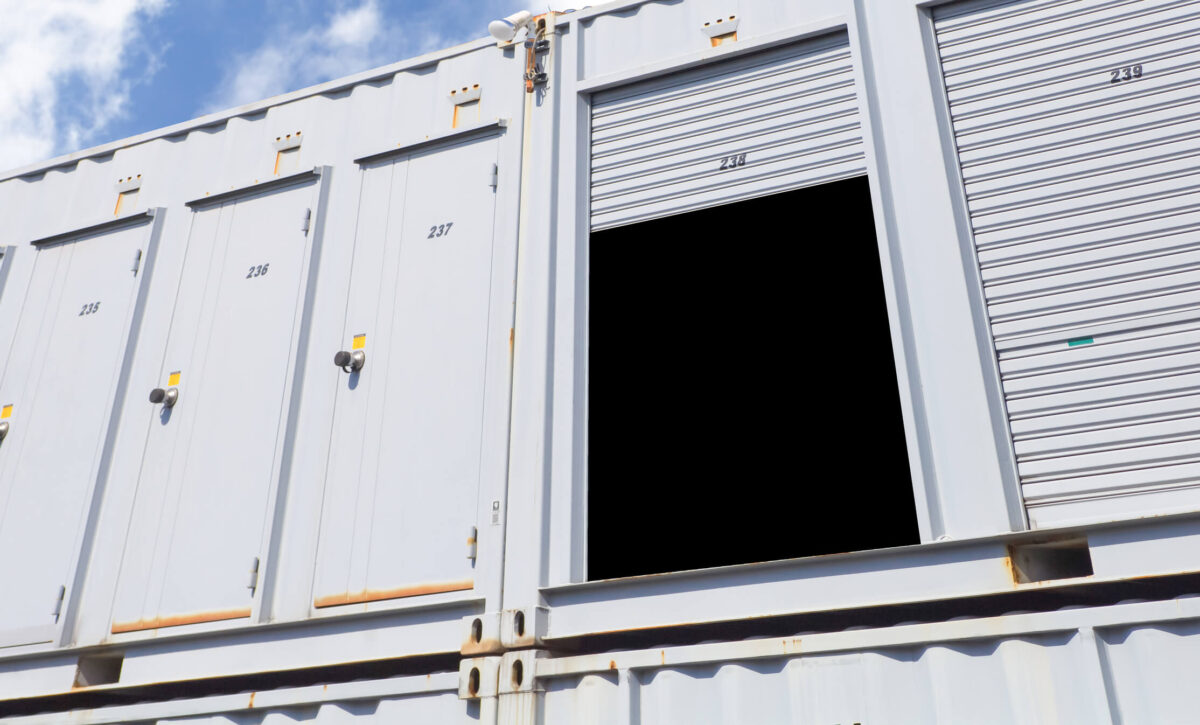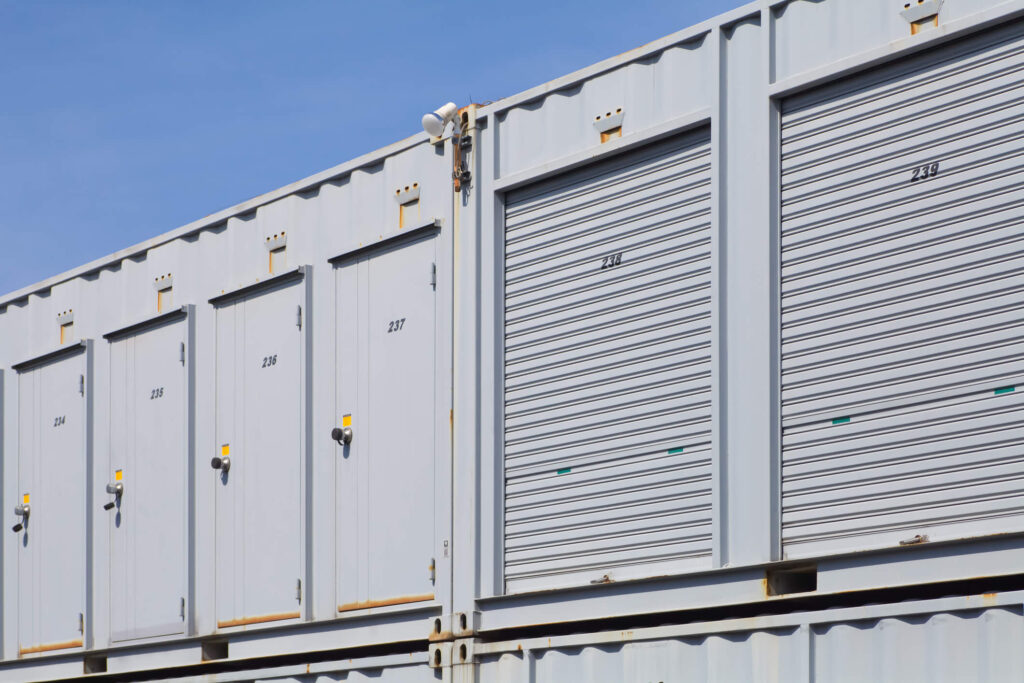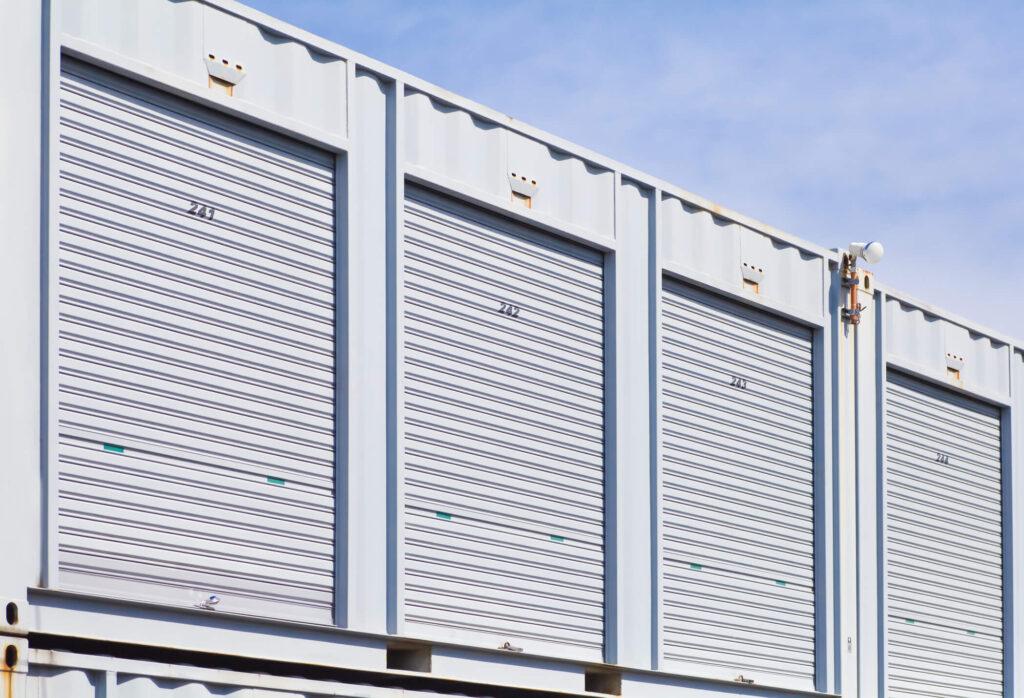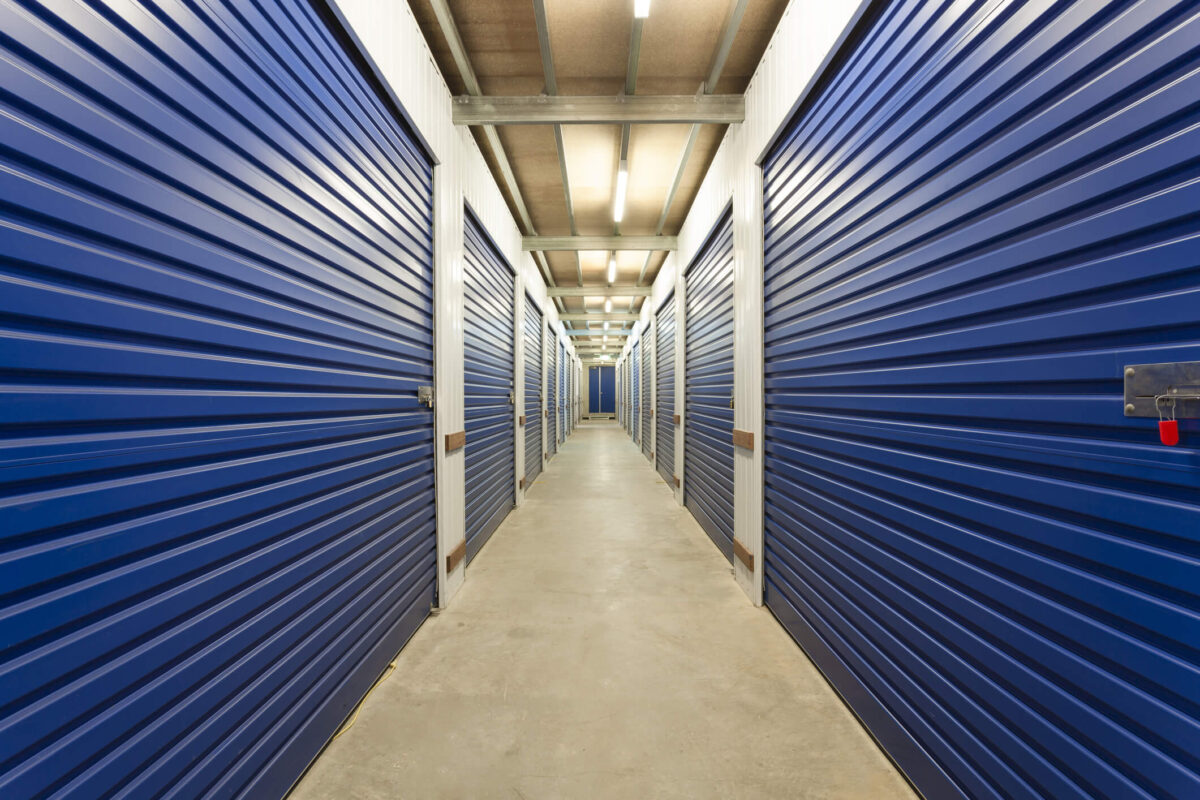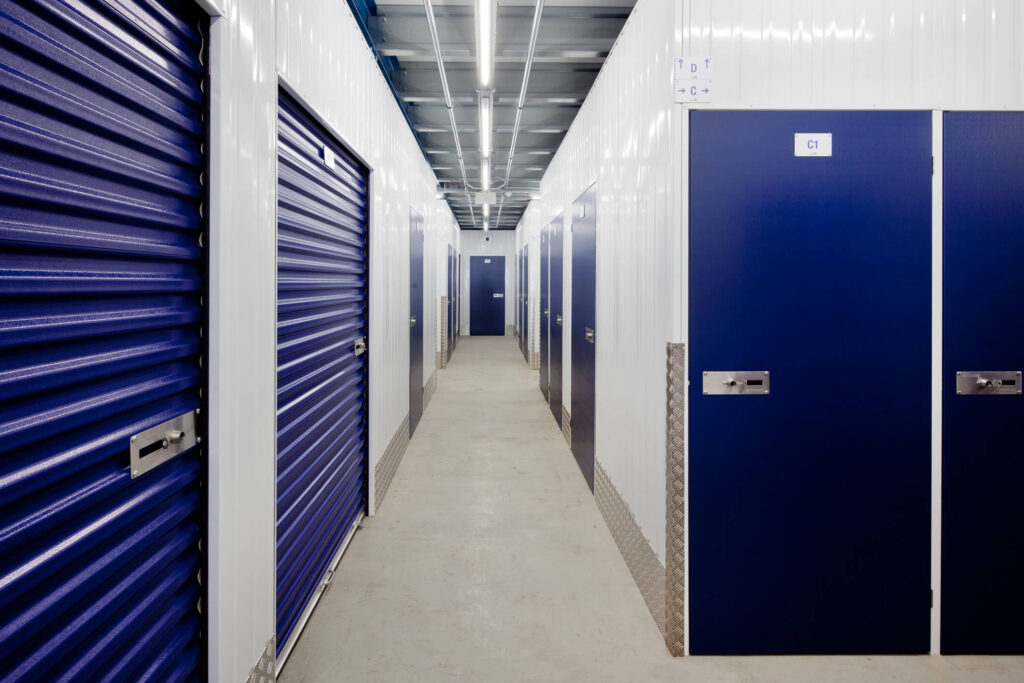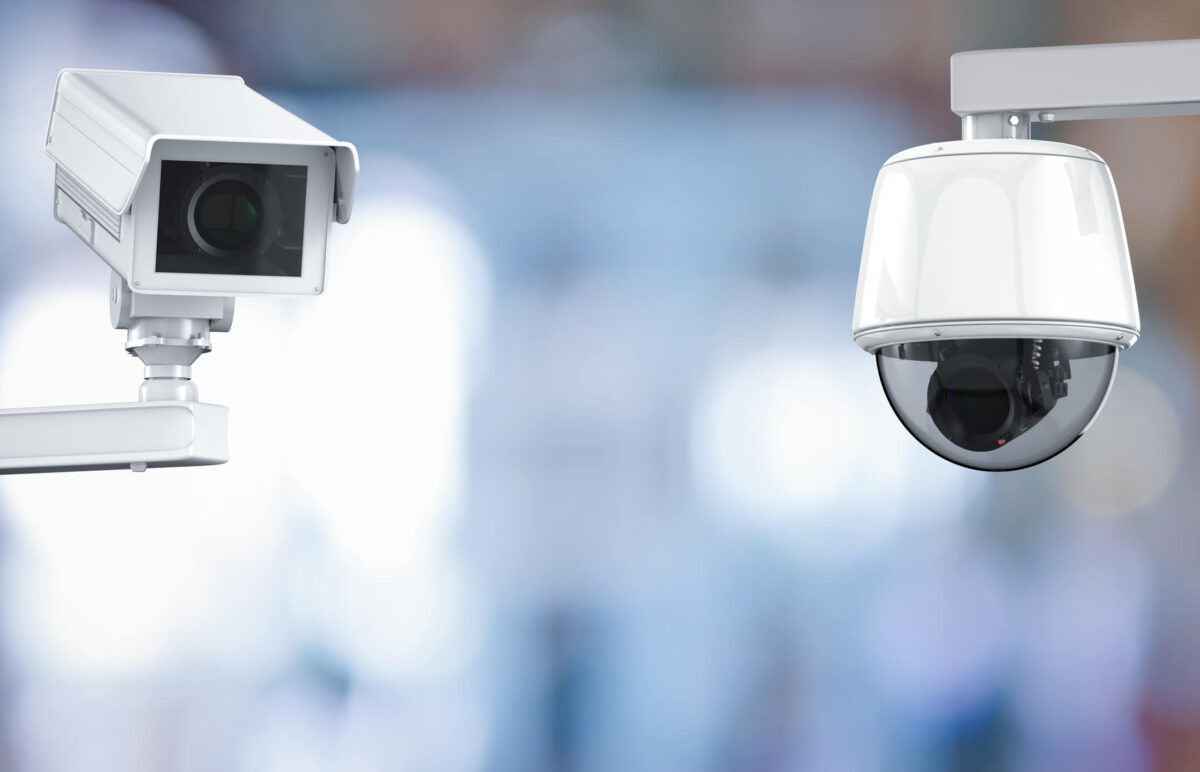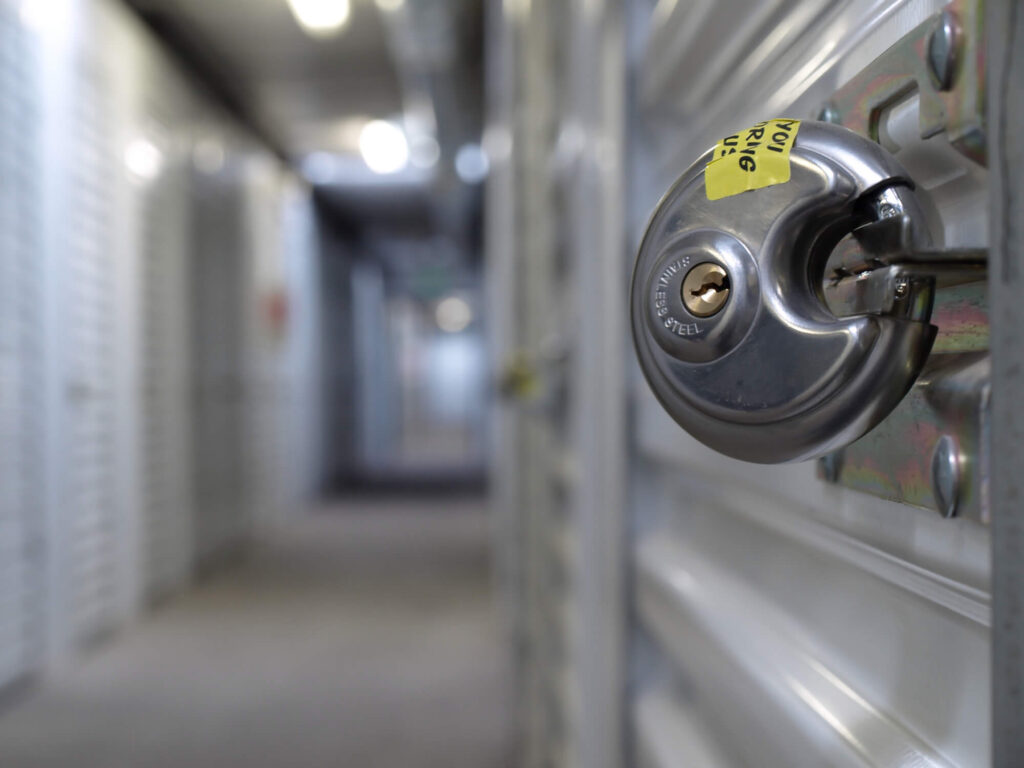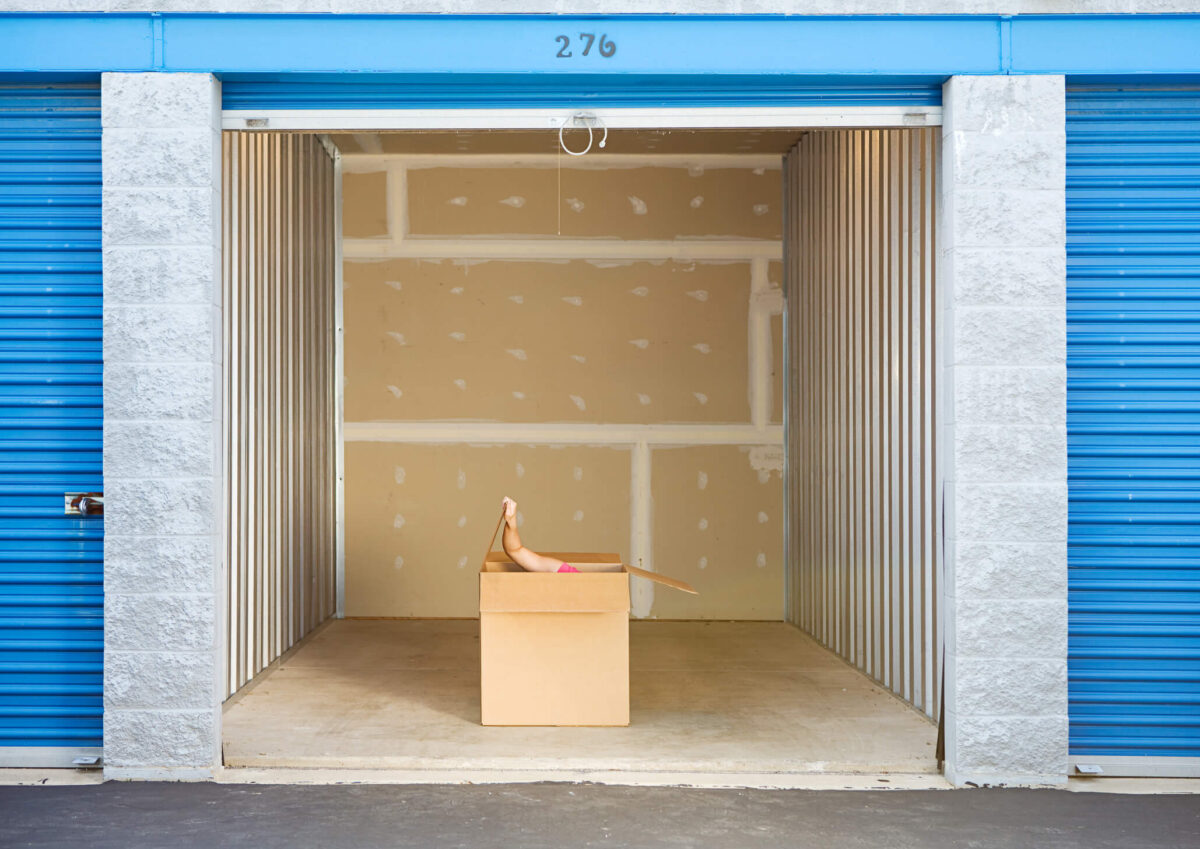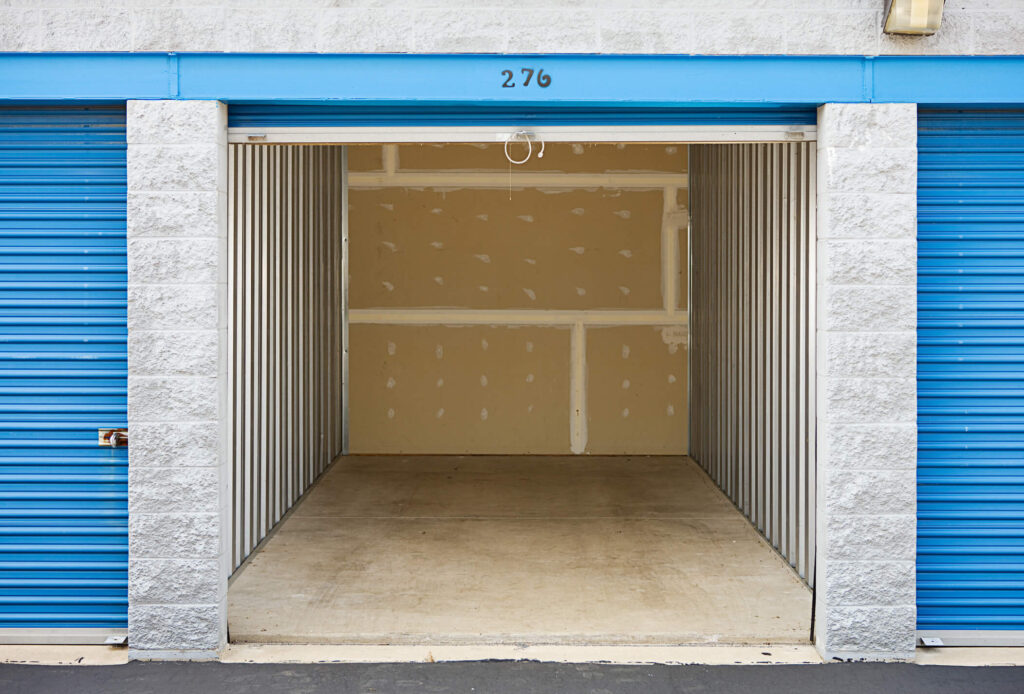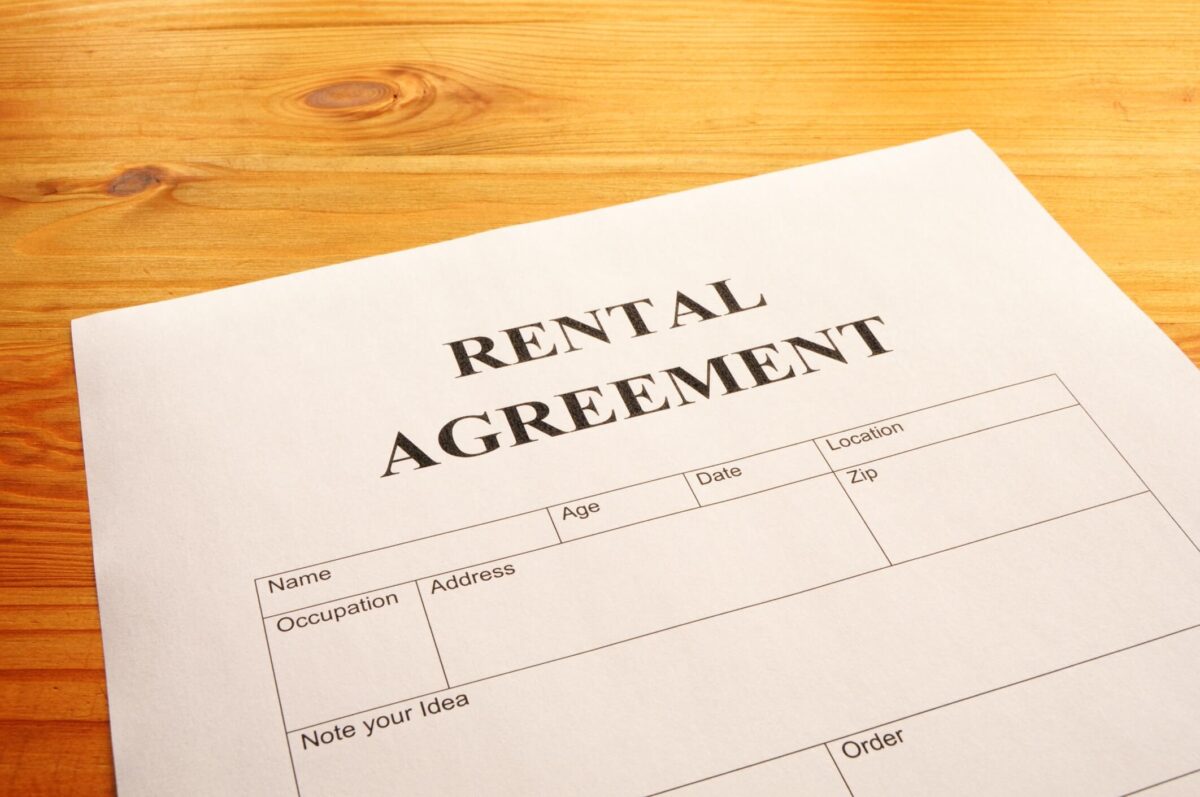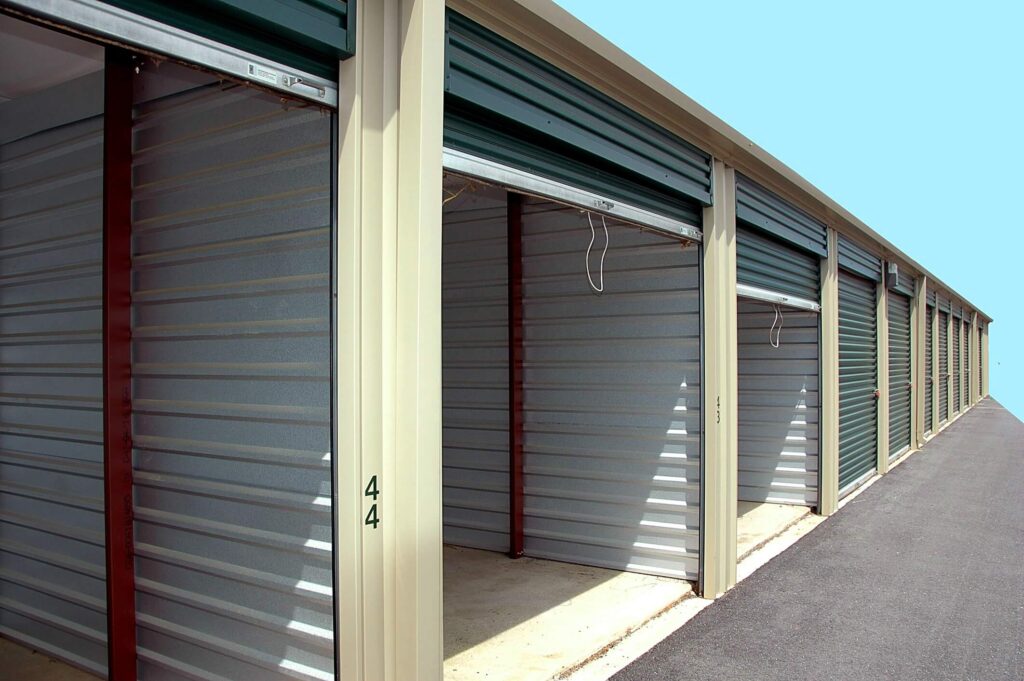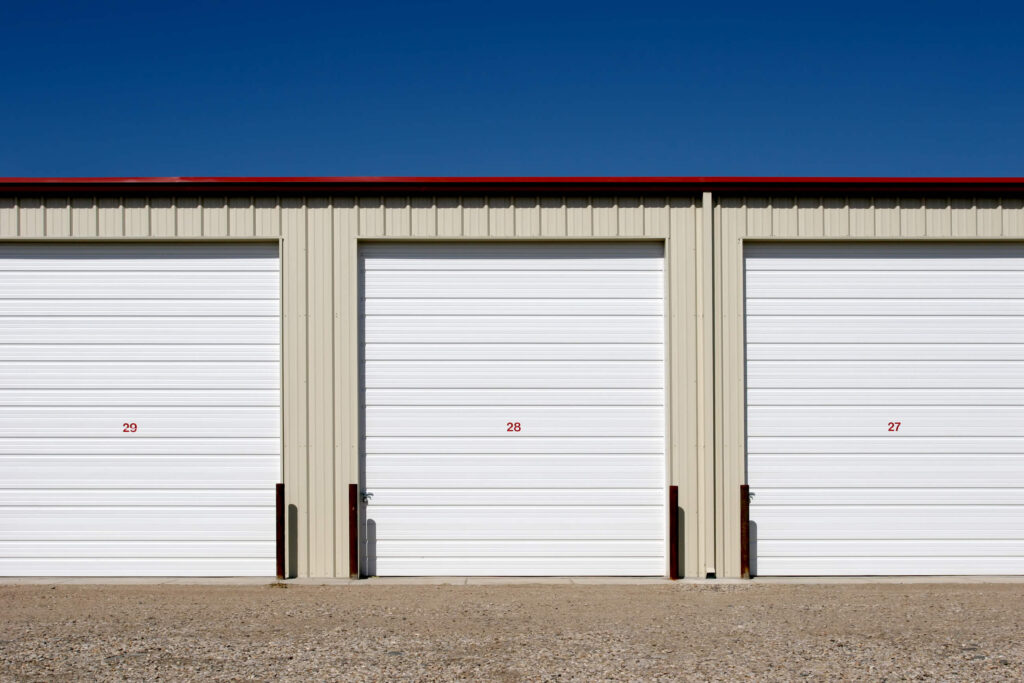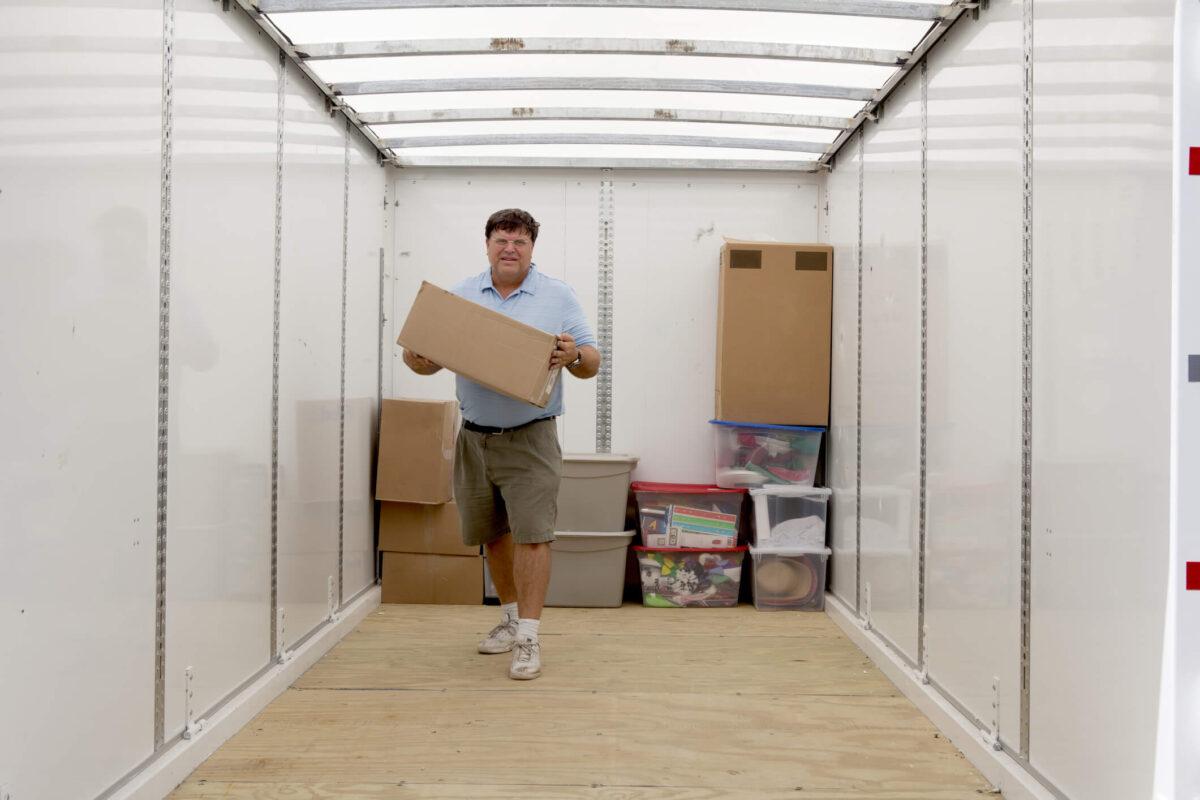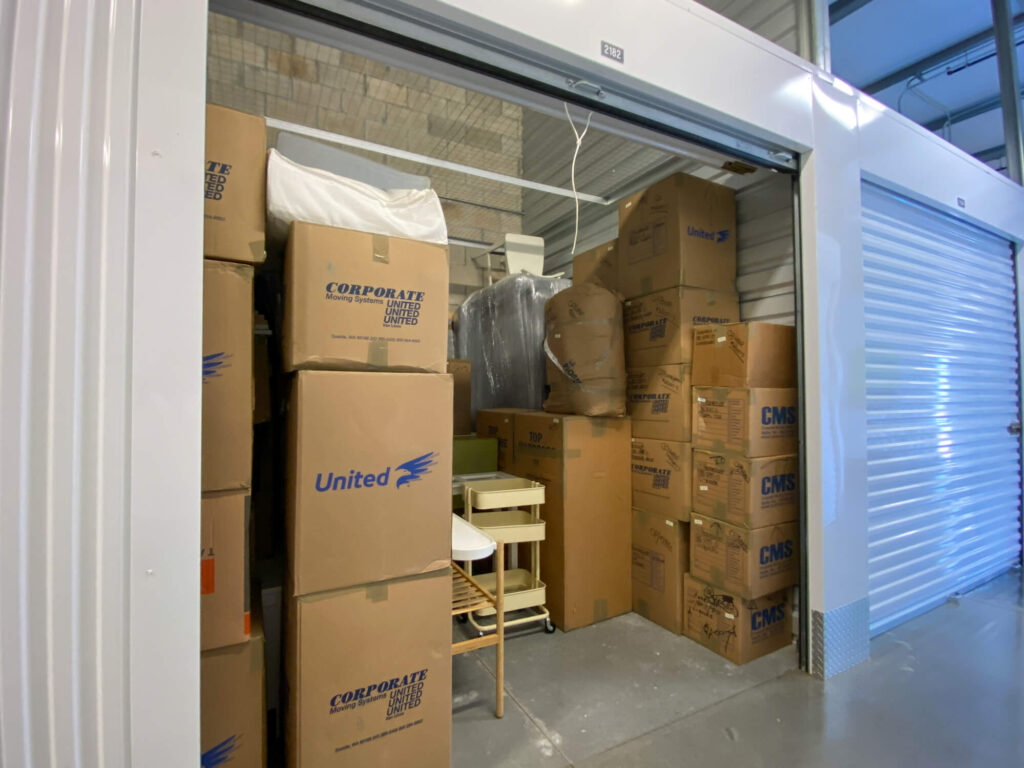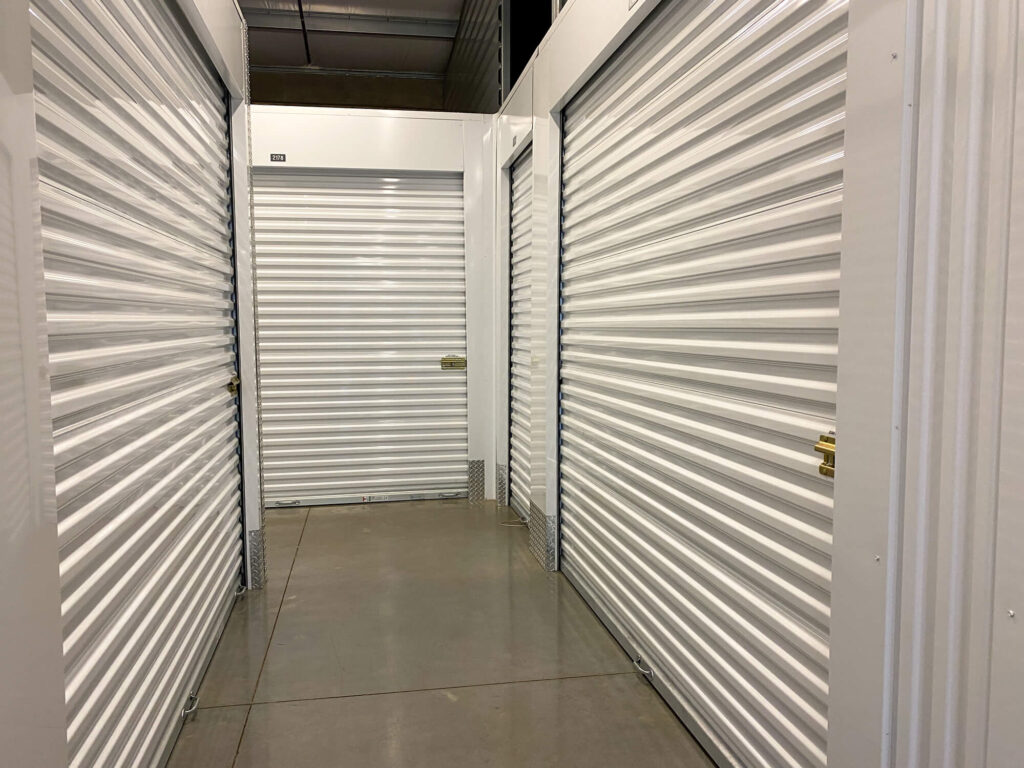When choosing the right storage unit, understanding the dimensions and capacity is crucial. A 10×5 storage unit, one of the more commonly available storage unit sizes, provides ample space for various storage needs. This blog will delve into what you can expect from a 10×5 storage unit, including its dimensions, typical uses, and tips for maximizing the space.
Dimensions and Space
When considering a 5×10 storage unit, understanding the dimensions and how much space you have to work with is essential for planning what you can store and how to organize it. Let’s break down these aspects in detail.
Floor Space
A 5×10 storage unit has a width of 5 feet and a length of 10 feet, for a total floor space of 50 square feet. This storage unit’s size is frequently compared to a large walk-in closet or half of a one-car garage. It has ample of space for diverse objects, making it an excellent choice for a variety of storage requirements.
Vertical Space
Most self storage units have ceilings that are around 8 feet tall, which gives you approximately 400 cubic feet of vertical storage space. This extra space allows you to stack items and store taller objects like a mattress or bookshelves, maximizing the available storage unit size.
Space Utilization
To make the most out of your 5×10 storage unit, it’s crucial to optimize both the floor and vertical space. Here are some tips for effective space utilization:
- Stacking Boxes: Utilize the full height of the unit by stacking boxes. Use uniform box sizes for easier stacking and better stability. Keep a list or inventory of the items in each box for easy access.
- Shelving Units: If allowed by the storage facilities, consider bringing in freestanding shelves. These can help organize smaller items and office supplies efficiently, making use of the vertical space.
- Disassembling Furniture: Break down larger items like a bed frame, desk, or patio furniture to save space. Store disassembled parts vertically or flat against a wall.
- Using Corners: Place bulkier items like a washer, motorcycle, or business inventory in the corners. This leaves the center and sides of the unit more accessible for smaller items and boxes.
Accessibility and Organization
When arranging your self storage unit, consider how frequently you’ll need to access the stored items. If regular access is necessary, create a narrow aisle down the middle or along one side of the unit. Place items you need frequently near the front. Label all boxes clearly and keep an inventory list to make finding things easier.
Cost and Pricing
The price of a 5×10 storage unit can vary based on location, amenities, and demand. In cities with high demand, prices might be higher. Look for discounts or promotions offered by storage facilities. Extra space storage options might provide added features like climate control storage, enhancing the value despite a higher cost.
Understanding the dimensions and space of a 5×10 storage unit helps you plan and organize effectively. With 50 square feet of floor space and approximately 400 cubic feet of vertical space, you can store a considerable amount of items by utilizing smart organization techniques. Whether you’re storing bedroom furniture, business supplies, or seasonal items, a 5×10 unit offers a practical and versatile storage solution. Consider your specific needs, the types of items you’ll store, and the amenities offered by the storage facility to choose the best unit for you. Whether it’s for personal use, business storage, or even storing a motorcycle, a 5×10 storage unit can be worth the investment.
What Can You Fit in a 10×5 Storage Unit?
A 10×5 storage unit offers 50 square feet of floor space, making it a versatile choice for various storage needs. Here’s a detailed look at what you can fit in this size storage unit:
1. Furniture
- Living Room Items: A small couch, coffee table, and a couple of chairs. Disassembling larger furniture can help maximize space.
- Bedroom Furniture: A queen or king mattress, bed frame, dresser, and nightstands. If you disassemble the bed, it will fit more easily.
- Office Furniture: A desk, office chair, filing cabinets, and shelves.
2. Boxes
- Storage Boxes: Around 20-30 medium-sized boxes, depending on how you stack them. Labeling boxes helps in organizing and easy retrieval.
- Seasonal Items: Holiday decorations, winter clothes, and other seasonal belongings.
3. Appliances
- Small Appliances: A washing machine, dryer, or a small refrigerator. Larger appliances might fit if space is managed efficiently.
- Kitchen Items: Microwaves, toaster ovens, and other small kitchen appliances.
4. Personal Items
- Sports Equipment: Bicycles, skis, golf clubs, and other sports gear.
- Tools and Supplies: Toolboxes, gardening equipment, and other household tools.
- Hobby Items: Craft supplies, musical instruments, and hobby gear.
5. Business Storage
- Office Supplies: Boxes of documents, office supplies, and extra inventory.
- Retail Inventory: Small business owners can store excess stock, promotional materials, and seasonal items.
6. Miscellaneous
- Outdoor Items: Patio furniture, grills, and gardening tools.
- Vehicles: Although not large enough for a car, it can store a motorcycle, scooter, or bicycles.
- Miscellaneous Household Goods: Items that don’t fit in your home but you want to keep, like extra furniture or heirlooms.
A 10×5 storage unit is a practical solution for storing a wide range of items, from storing furniture and storing appliances to personal belongings and business supplies. By efficiently organizing and utilizing the vertical space, you can fit a surprising amount into this unit size. A 10×5 unit is a versatile and cost-effective storage solution for those who are relocating, renovating, or simply need more space.
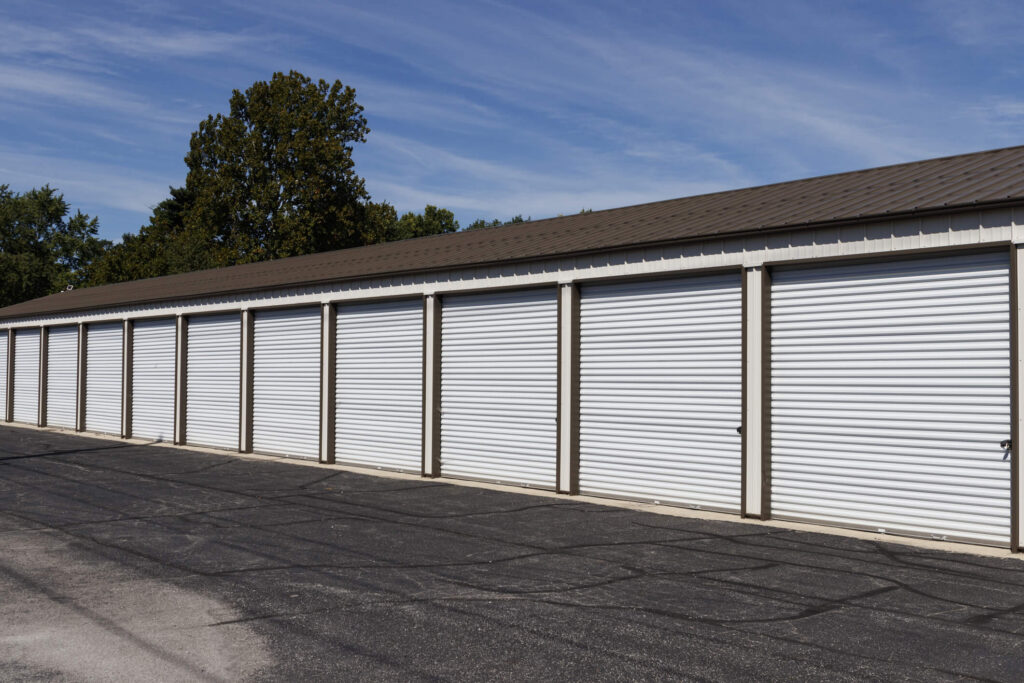
Typical Uses for a 10×5 Storage Unit
A 10×5 storage unit is versatile and can accommodate a variety of storage needs. Here are some typical uses for this unit size:
1. Home Renovation
- Temporary Storage: Store furniture, appliances, and personal items from a bedroom, living room, or office while you renovate. This ensures your belongings are safe and out of the way during the renovation process.
2. Moving
- Transition Storage: If you’re between homes, a 10×5 unit is perfect for holding the contents of a one-bedroom apartment. This includes items like a queen bed, sofa, desk, and several boxes, keeping them safe until you’re ready to move into your new place.
3. Decluttering
- Seasonal Storage: Store seasonal items such as holiday decorations, winter clothing, and patio furniture. This helps free up space in your home for items you use more frequently.
- Organizing: Use the unit to store items you don’t need on a daily basis, like extra office supplies, books, and collectibles.
4. Business Storage
- Inventory Storage: Small businesses can use a 10×5 unit to store excess inventory, marketing materials, or office furniture. This is especially useful for home-based businesses that need extra space.
- Document Storage: Keep important documents, files, and records organized and secure without cluttering your office space.
5. Personal Storage
- Hobby Equipment: Store hobby-related items such as sports equipment, tools, and craft supplies. This helps keep your home organized and your equipment in good condition.
- Motorcycle Storage: A 10×5 unit can accommodate a motorcycle or bicycle, along with related gear and accessories.
A 10×5 storage unit offers a practical and flexible solution for various storage needs. Whether you’re relocating, renovating, organizing, or need extra room for business, this unit size can help you stay organized and secure your items.
Tips for Maximizing Your 10×5 Storage Unit
Making the most of your 10×5 storage unit requires thoughtful planning and organization. Here are some detailed tips to help you maximize the space:
1. Disassemble Large Items
Breaking down furniture and other large items can save significant space and make organizing easier. Here’s how:
- Furniture: Remove the legs from tables and chairs, disassemble bed frames, and take apart shelving units. This not only saves space but also makes it easier to fit these items through the storage unit door.
- Shelves and Bookcases: Taking these apart can allow you to store them flat, making it easier to stack other items on top.
2. Use Uniform Boxes
Storing items in uniform boxes allows for easier stacking and better space utilization. Consider these points:
- Stackability: Uniform boxes ensure a stable stack, which is crucial for preventing items from toppling over and making the best use of vertical space.
- Efficiency: Same-sized boxes can be arranged like bricks in a wall, leaving minimal gaps and ensuring you use every inch of space.
- Durability: Invest in sturdy, high-quality boxes that can withstand the weight of being stacked.
3. Label Everything
Clearly labeling all boxes and containers makes finding items easier and quicker. Here’s how to do it effectively:
- Descriptive Labels: Use detailed labels on each box, including a list of contents. This saves time when searching for specific items.
- Inventory List: Keep an inventory list of all items stored in the unit. Number the boxes and match them to your list for easy reference.
- Color Coding: Consider using colored labels or markers for different categories of items (e.g., red for kitchen items, blue for office supplies).
4. Create an Aisle
Leaving a small aisle in the unit allows for easy access to items at the back. Here’s why it’s important:
- Accessibility: An aisle means you won’t have to unload half of your unit to reach something stored at the back. This is especially useful for frequently accessed items.
- Organization: An aisle helps maintain order within the unit, making it easier to move things around without causing a mess.
- Space Planning: Plan the layout of your unit so that larger, less frequently accessed items are at the back, and smaller, more frequently used items are near the front.
5. Utilize Vertical Space
Stacking boxes and employing shelving systems, if allowed, can significantly improve storage capacity.:
- Stacking Boxes: Place heavier, sturdier boxes at the bottom and lighter boxes on top. Ensure that stacks are stable and secure.
- Shelving Units: If your storage facility allows, use freestanding shelves to organize smaller items and maximize vertical space. Shelves can help keep items accessible and reduce the need to stack boxes too high.
- Hooks and Hangers: Consider using adhesive hooks or over-the-door hangers for items like bicycles, garden tools, or sports equipment.
Additional Tips
- Vacuum Bags: Use vacuum-sealed bags for storing clothing, bedding, and other fabric items. These bags reduce the volume of soft goods and protect them from dust and moisture.
- Plastic Bins: Clear plastic bins allow you to see the contents without opening them, making it easier to find what you need.
- Priority Access: Store items you may need to access frequently at the front of the unit, such as seasonal decorations or important documents.
Maximizing your 10×5 storage unit requires strategic planning and efficient use of space. By disassembling large items, using uniform boxes, labeling everything, creating an aisle, and utilizing vertical space, you can fit more into your unit and keep it well-organized. With these storage tips, you’ll be able to store a surprising amount of belongings while ensuring everything is easily accessible when you need it. Happy storing!
Conclusion
A 10×5 storage container provides a versatile and practical solution for a variety of storage requirements. Whether you’re relocating, remodeling, or just seeking to declutter, knowing the capacity and potential of particular unit size will help you make the most of your storage space. You can pack a surprising amount of goods into a 10×5 unit if you organize and use the vertical space properly. Happy storage!
Feel free to share your storage experiences or ask any questions in the comments below. We’d love to hear from you!
Frequently Asked Questions
What is the difference between a 10×5 and a 5×10 storage unit?
Although both units provide 50 square feet, the 10×5 is wider, which facilitates the accessibility of items across the space’s span. Nevertheless, the 5×10 is more substantial.
What is the maximum number of cartons accommodated in a 10×5 storage unit?
The manner in which the boxes are arranged and organized allows for the accommodation of approximately 10–15 medium—to large boxes.
Is a 10×5 storage unit sufficient for furniture?
Certainly, depending on the configuration, it can accommodate a variety of compact furniture, such as a small couch, end tables, and chairs.
How much cubic space does a 10×5 storage unit offer?
The cubic space is contingent upon the ceiling height, which typically ranges from 8 to 10 feet. A 10×5 unit provides approximately 400 cubic feet of space with an 8-foot elevation.
Are 10×5 storage units equipped with climate control?
Certain facilities provide climate-controlled 10×5 units, particularly well-suited for items susceptible to temperature and humidity, such as electronics or wooden furniture.
Can a 10×5 storage unit accommodate an entire bedroom?
True, it can accommodate most items in a bedroom, including a bed, dresser, and boxes of apparel or other personal items.
Is a 10×5 storage facility appropriate for the possessions of a college student?
Yes, it is the perfect storage solution for the belongings of a college student, accommodating a bed, desk, tiny furniture, and personal items in boxes.
Can a motorcycle be stored in a 10×5 storage unit?
Indeed, a motorcycle can be accommodated in a 10×5 storage unit, providing adequate ceiling height and convenient access.
Is a 10×5 storage unit sufficient for appliances?
It can accommodate tiny appliances, such as a microwave, mini-fridge, or TV; however, large appliances, such as refrigerators, may require a significant amount of space or may not fit.
Is it permissible to store seasonal objects in a 10×5 storage unit?
Yes, it is an excellent choice for seasonal storage, as it can accommodate multiple bins or boxes for winter apparel, gardening tools, and holiday decorations.
Maximize Your Space with a 10×5 Unit at McDowell Mountain Community Storage!
Are you ready to optimize your storage solutions effortlessly? At McDowell Mountain Community Storage in Scottsdale, Arizona, our 10×5 storage units offer the perfect blend of convenience and capacity. Understanding the size and dimensions of your storage unit is crucial, and our 10×5 units provide 50 square feet (4.65 square meters) of area with a height of approximately 8 feet (2.44 meters), resulting in about 400 cubic feet (11.33 cubic meters) of volume. When you calculate these dimensions it will help you plan and utilize the space effectively.
Whether you’re in the midst of moving, tackling a home renovation, or simply looking to declutter your living space, our secure and easily accessible units cater to all your storage needs. Use our handy storage calculator to estimate the footage or measurement of items you need to store, and determine the perfect fit. Whether you need space for a studio apartment’s worth of belongings or a vehicle, we have various sizes like 5×10 storage units available at multiple locations. Compare our available options and see why renting a unit with us is the best choice. Our state-of-the-art facilities ensure that your belongings are kept safe, and our dedicated team provides top-notch customer service to assist you every step of the way.
Contact us today to reserve your unit and experience a seamless storage solution designed to fit your lifestyle. Don’t wait—transform your space with McDowell Mountain Community Storage now!


